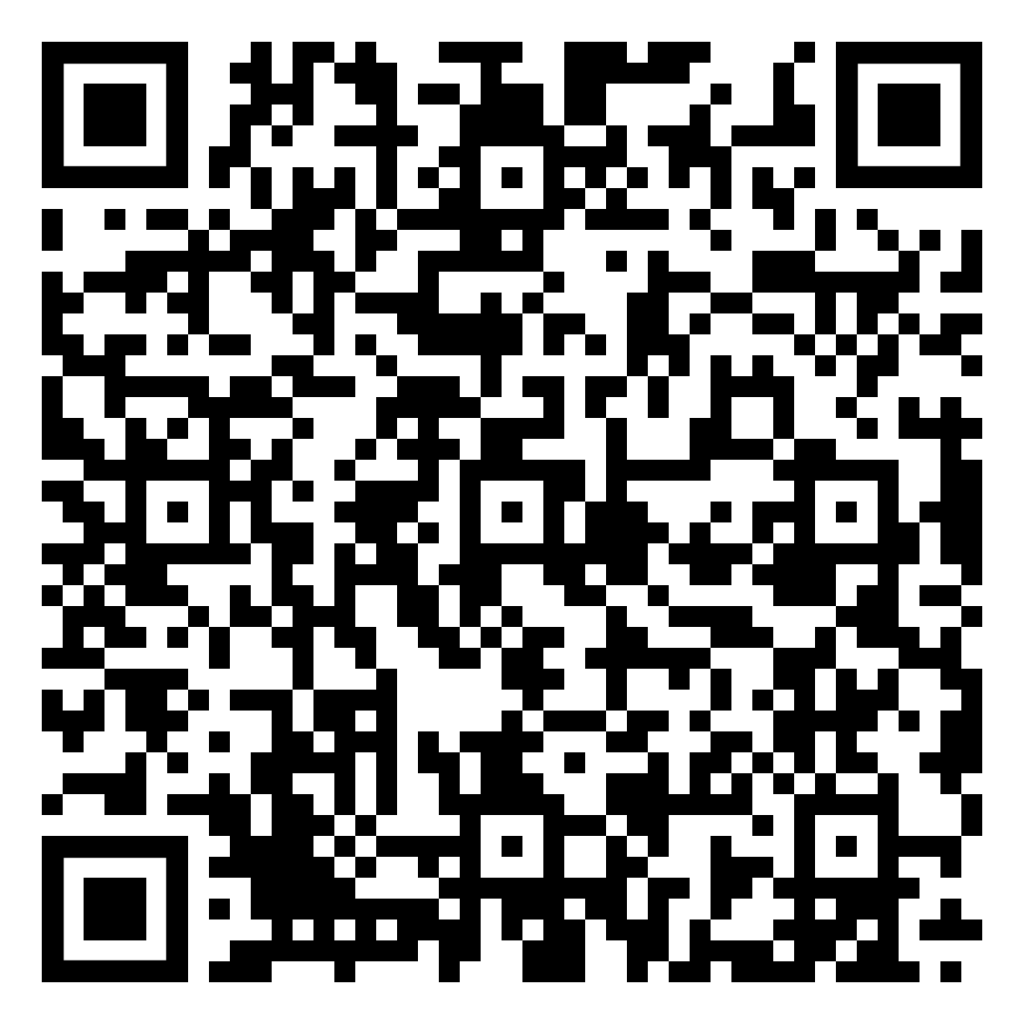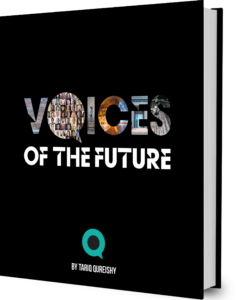In the evolving corporate world, Cara de Lange stands out as a change-maker, TEDx speaker, author of ‘Softer Success,’ host of the Work Reset Revolution podcast, and a burnout researcher, advocating a shift from traditional corporate success to prioritizing employee well being.
As the founder of Softer Success, Cara developed ‘Superpower,’ a tool for assessing and mitigating organizational burnout risks, offering personalized feedback and solutions through various interventions, including consultancy and leadership training.
Softer Success uses a 90-second psychometric test to evaluate burnout risk, considering factors beyond exhaustion and reduced productivity. Cognitive impairment, such as difficulty focusing and emotional fluctuations, are also assessed. The approach isn’t just about identifying exhaustion but also understanding cognitive and emotional changes, ensuring alignment with personal missions and purposes.
Motivated by personal experience and witnessing burnout in colleagues, Cara delved into research with universities. What exactly is burnout? She declares: “The World Health Organization defines it as chronic work-related stress that hasn’t been properly managed.” She points to recent research with the University of Sheffield and Imperial College London that revealed a shift in burnout characteristics post-pandemic, highlighting increased fear and uncertainty affecting work patterns. According to her, a key contributing factor to burnout is ‘moral injury’ witnessing events that clash with personal values. Additionally, concerns about climate change are emerging as stressors. “Physical signs, like persistent back or neck pain, disrupted sleep patterns, and high levels of cortisol (which blocks our prefrontal cortex, the seat of our logical thinking), are crucial indicators of high chronic stress,” she says. “It is a constant feeling of being overwhelmed. Our bodies tell us when we’re reaching a point of high chronic stress, but these signs are mostly ignored.”
Just a Quick Note:
InnovationsOfTheWorld.com has partnered with Trade License Zone (TLZ) to support global innovators looking to expand internationally. Take advantage of the UAE’s Free Zones—enjoy streamlined setup, low corporate taxes, and a strategic gateway to the Middle East and beyond.
Get Your UAE Free Zone License Fast & Easy!Burnout significantly affects health and dramatically impacts performance and productivity, a significant concern for organizations. The key question is: what are the actual statistics regarding productivity loss due to burnout? Cara’s response is enlightening: “It’s not just a loss of productivity, but a knowledge loss as well.” Citing research from Oxford University and the Paris Brain Institute, she highlights that excessive work can cause the death of white brain cells, crucial for cognitive thinking, leading to long-term effects. She points out: “When the burnout risk is high, productivity can be lost by 70%,” demonstrating the swift and significant impact. Organizations face not only productivity loss but also potential sick leave, employee turnover, and replacement costs. Cara stresses the importance of prevention, arguing it’s more costeffective than dealing with the consequences of burnout.
I ask Cara how an organization should balance that – through a culture and environmental change? “If organizations identify high risk of burnout in their organization, a team, culture or organizational change must happen to remedy that,” she states. “Simply put, productivity decreases, mistakes are made, and profits are reduced.”
Cara advocates for a holistic approach, promoting well-being to counteract external stressors like climate change, conflict, and economic challenges. She suggests that integrating well-being as a business goal can significantly reduce burnout risk, ultimately saving money. In her words: “If you want the productivity of your employees to be high, and you don’t want to lose money, look at significantly reducing the risk of burnout.” There’s been a shift in corporate perspective since the pandemic, with some organizations pausing to reflect and reconsider their work approaches, including remote work and work-life balance. The question now is, what lessons have been learned during the pandemic, and how can these insights shape future work practices? She says: “The way we work must change. These organizations and leaders must ask themselves if they’re purely after generating profits or also looking at employees’ wellness. This is a beautiful moment for transformation for working differently in the future.”
Cara’s passionate about creating a cultural revolution in the workplace – she’s created a movement called ‘The Work Reset Revolution.’ She cautions: “If things persist as they do today, we’re going to see a lot more burnout and mental health issues.”
A shift in focus from mere profitability and numerical metrics to wellness and happiness is essential. “I absolutely agree; we need a seismic shift, from a ‘hard success’ into a ‘soft success,’” says Cara. “Hard success is money and power, but we must move into soft success, which is the rehumanization of the workplace to create an equitable, sustainable, cooperative, and ethical way of working for everyone.”
Cara finds excitement in the potential to “recreate and start creating a better future” by tapping into collective imagination and rethinking work-life balance. “In the future, we’ll learn to work more efficiently – and learn to rest more effectively, too,” she says.
There’s no balance sheet measure for employees’ quality of life or a Happiness Index, which is a significant oversight. A revolutionary change is needed: shifting our collective mindset and developing a platform that aligns closely with crucial issues like climate change. I believe we must focus on these vital aspects of our future that are currently being neglected.
Cara emphasizes that identifying high burnout risks requires organizational changes, including culture shifts and redefining success metrics, to prevent productivity loss and enhance employee well-being. According to her, the unspoken financial impact of burnout suggests that it should have “its own expense line on the balance sheet.” She asserts: “If you’ve got a 40% high risk of burnout in your organization, that’s a potential 40% loss of talent.” She urges the incorporation of well-being as a core business goal, integral to contracts and job descriptions. However, she acknowledges the transformation will be gradual and vary across organizations. The path to this change is essential, especially for those organizations currently successful under traditional models.
As we delve deeper into Cara’s transformative approach within organizations, we must recognize that this need for change isn’t confined to corporate boundaries. It echoes a larger, global necessity. This pivot leads us to a broader discussion on the relevance and effectiveness of major international institutions like the United Nations, World Bank, IMF, and World Health Organization. Established over 80 years ago, these bodies were designed for challenges of a bygone era and have since struggled to keep pace with the rapid transformations of the 21st century. This systemic lag impacts corporate structures and reflects a wider trust deficit in global governance, indicating an urgent need for a comprehensive overhaul of how we address and manage global issues.
Cara agrees that a major overhaul of global structures like the United Nations must align with today’s world, and suggests a new global governance model as a potential leading solution. She is optimistic amidst uncertainty, encouraging viewing these challenges as precursors to significant, positive change and a better future: “This is a potential for amazing change and creating a better future.”
For Cara, personal health and happiness are paramount. “If I am not physically and mentally well, and I’m not living my life with joy and purpose, for me, there’s no point,” she asserts. What would she like to be remembered for? “Being the agent of wellbeing on our planet: not just for empowering others to be healthy, but also a healthy planet.”
This conversation is a call to action for a future where burnout is no longer an inevitable byproduct of progress but a problem we can diagnose, address, and, ultimately, eradicate.

















